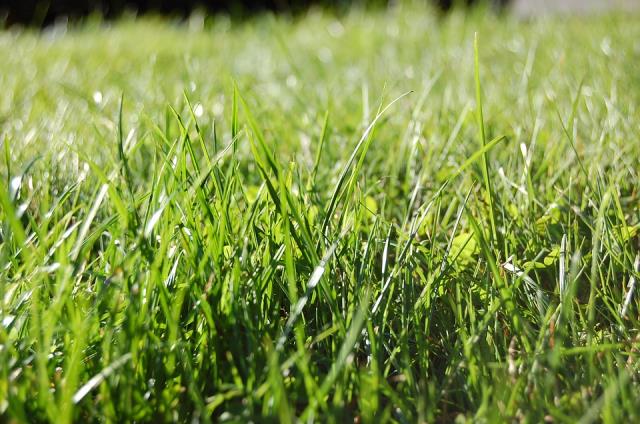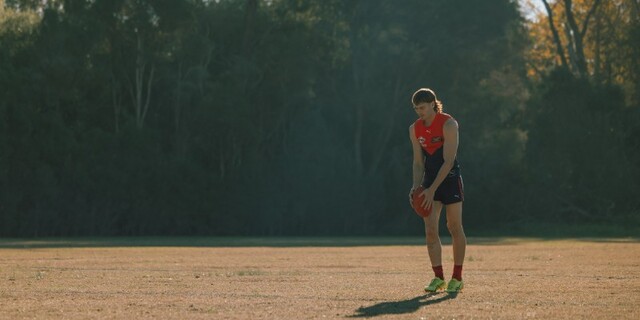Plans to divert more than 150,000 tonnes of waste a year from a Bacchus Marsh landfill and generate enough renewable energy to power
up to 15,000 homes have been unveiled.
A waste-to-energy facility is being planned for Maddingley Brown Coal’s landfill.
It will be a joint venture between iGas and Maddingley Brown Coal, which are in the process of applying to Moorabool council and the Environment Protection Authority for approval.
Once built, the facility will extract methane from the landfill site, convert it to electricity, and then send it to the grid.
The state government last month awarded $500,000 for the project from its Resource Recovery Infrastructure Fund.
Once approval is obtained, construction is expected to start early next year and the facility to be operational be mid-2020.
Maddingley Brown Coal has been operating as a commercial landfill since 1978, accepting waste such as timber and plastic film.
iGas commercial manager Dylan Nichols is confident approval will be granted, saying the project was being designed to meet EPA standards and emission targets.
“From a sustainability point-of-view, it’s a very good news story,” Mr Nichols told Star Weekly. “We’re not only diverting waste from landfill, [we’re] also reducing the reliance on fossil fuel. Electricity is [currently] produced by burnt coal, which isn’t great for the environment. And we’re bringing in new jobs, and energy generation to a region that will have issues with dedicated, reliable energy going forward.”
Fifteen permanent jobs will be created once the facility is built, according to Mr Nichols.
Maddingley Brown Coal waste strategist David Maltby said it was an exciting project.
“[iGas] has technology and experience in the waste sector that aligns with the goals that MBC has to divert more waste from landfill and reduce the environmental impact of waste disposal,” he said.
EPA assessments director Tim Eaton said the authority had not yet received an application.
“Depending on the specifics of the project it may require a works approval from EPA for the construction of the plant and an EPA licence for its operation,” Mr Eaton said.
The state government recently commissioned a report that discussed the merits of waste-to-energy facilities following community backlash about the approved expansion of the Ravenhall landfill.
The report found there was “broad support” for waste-to-energy as an alternative to landfill, but the public had concerns about the technology and the risks it might pose.
















